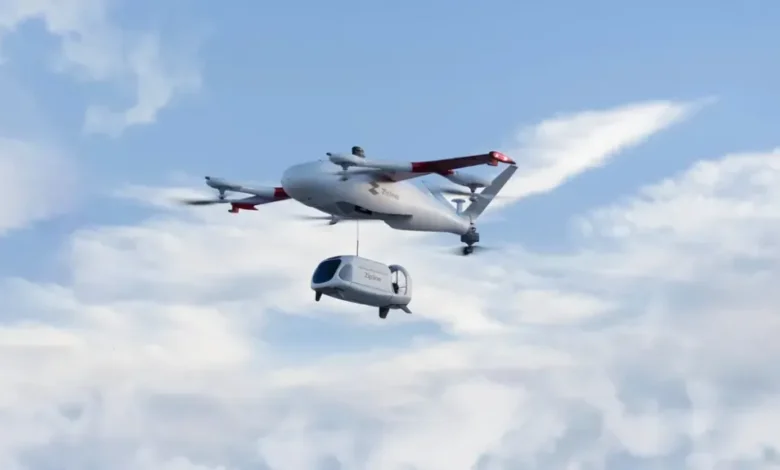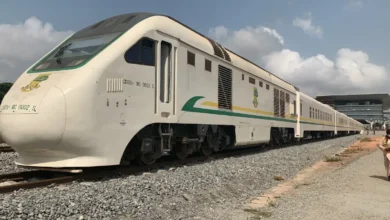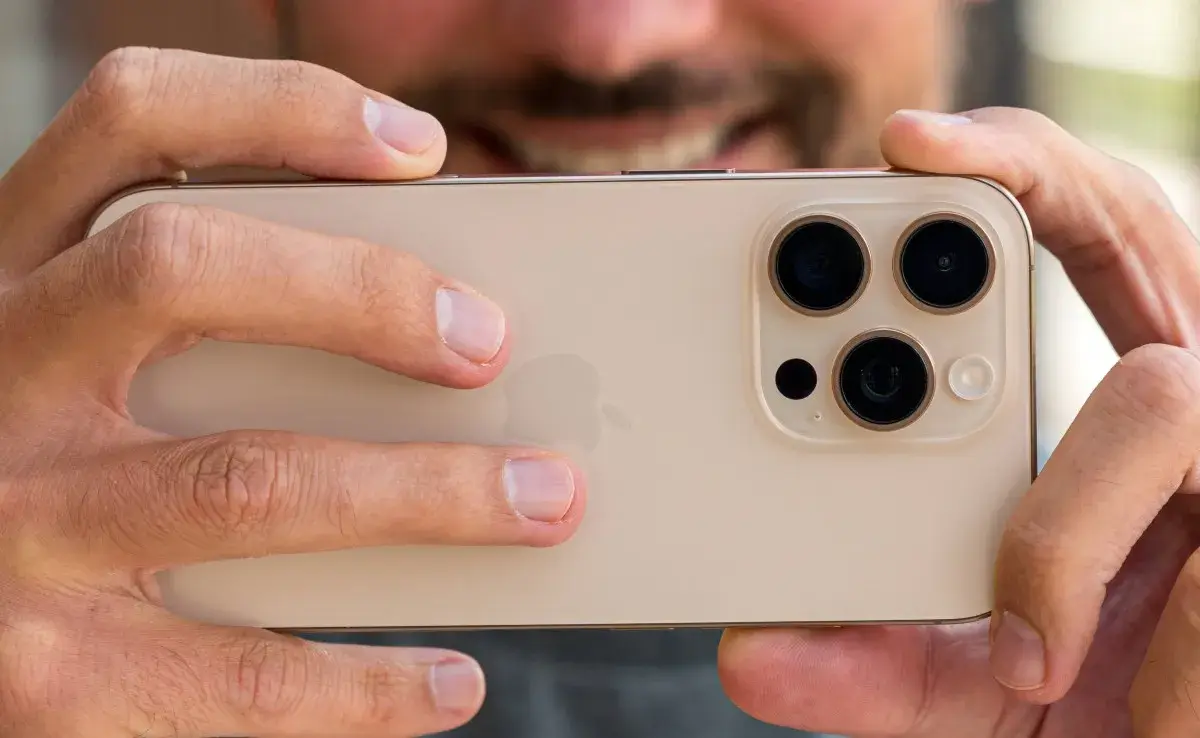Zipline to Expand Drone Delivery Operations in Nigeria to Boost Healthcare Access

Zipline, a company that uses drones to deliver items, is planning to expand its services in Nigeria. By the end of 2025, the company wants to operate in five more states. Right now, Zipline works in three states: Bayelsa, Kaduna, and Cross River. With this expansion, it will serve seven states in total.
This is great news for Nigeria because Zipline’s drones deliver important medical supplies like vaccines, anti-malaria drugs, and blood to hospitals and health centers. Many people in Nigeria, especially in rural areas, struggle to get these supplies because of bad roads or long distances. Zipline’s drones can deliver these items quickly, even to hard-to-reach places.
How Zipline’s Drones Work
Zipline’s drones are like small airplanes that fly without a pilot. They are launched from a base called a “nest.” Each nest can send out up to 300 drones every day to deliver supplies.
Here’s how it works:
- A hospital or health center places an order for medical supplies.
- The supplies are packed and loaded onto a drone at the nest.
- The drone flies to the hospital or health center and drops the supplies using a parachute.
- The drone returns to the nest to get ready for the next delivery.
This whole process can take as little as 30 minutes, even in areas where it would normally take hours or days to deliver supplies by road.
Why Zipline is Important for Nigeria
Nigeria’s healthcare system faces many challenges, such as:
- Bad Roads: Many rural areas have poor road networks, making it hard to deliver supplies quickly.
- Fake Drugs: Some medicines sold in Nigeria are fake, but Zipline delivers real, high-quality supplies directly from trusted sources.
- Long Delivery Times: Traditional methods of delivering medicines can take a long time, especially in riverine communities where boats are the only way to travel.
Zipline’s drones solve these problems by delivering supplies quickly and safely. This is especially important in emergencies, like when someone needs blood or life-saving drugs.
Zipline’s Expansion Plans
Zipline plans to expand its services to five more states by the end of 2025. This will help more Nigerians get the medical supplies they need. The company is also looking at other ways to use its drones, such as:
- Helping Farmers: Delivering seeds, fertilizers, and other supplies to farmers in rural areas.
- E-commerce: Helping businesses deliver goods to customers in remote areas.
This expansion is part of Zipline’s goal to make drone delivery available to everyone, especially in countries like Nigeria where healthcare and logistics are big challenges.
How Zipline is Funded
Zipline has a lot of money to support its operations. In May 2023, the company raised 330million (about ₦500billion). This brings its total funding to about This money is used to improve its drone technology and expand its services to more countries, including Nigeria.
Unlike other organizations that struggle with funding, Zipline has the resources to reach more people and make a bigger impact.
Zipline’s Success in Other African Countries
Zipline started its operations in Africa in 2016 in Rwanda. Since then, it has expanded to Ghana, Kenya, and Côte d’Ivoire. In Rwanda, Zipline uses just two nests to cover the entire country, delivering medical supplies quickly and efficiently.
Nigeria is much bigger than Rwanda, so Zipline will need more nests to cover the country. However, the company is committed to making healthcare accessible to all Nigerians, no matter where they live.
Benefits of Zipline’s Expansion
Zipline’s expansion will bring many benefits to Nigeria, including:
- Faster Healthcare Delivery: Drones can deliver medical supplies in minutes, saving lives in emergencies.
- Job Creation: Each Zipline nest creates jobs for Nigerians, such as drone operators and technicians.
- Improved Healthcare Access: People in remote areas will have better access to medicines and vaccines.
- Support for Farmers: Zipline’s plans to deliver agricultural supplies will help farmers grow more food and improve their livelihoods.
Challenges Zipline Might Face
While Zipline’s expansion is exciting, there are some challenges the company might face in Nigeria:
- Government Rules: The Nigerian government needs to create clear rules for drone operations.
- Security Concerns: Drones might face risks like theft or vandalism in some areas.
- High Costs: Setting up and maintaining drone nests can be expensive, but Zipline’s funding should help overcome this.
Despite these challenges, Zipline is determined to succeed and make a positive impact in Nigeria.
What This Means for Nigeria’s Future
Zipline’s expansion is a big step forward for Nigeria’s healthcare system. By using drones to deliver medical supplies, the company is helping to solve some of the country’s biggest healthcare challenges.
This is not just about healthcare—it’s also about creating jobs, supporting farmers, and improving the economy. Zipline’s drones have the potential to transform many sectors in Nigeria, making life better for millions of people.
Round Up
Zipline’s plan to expand its drone delivery services to five more states in Nigeria is a game-changer. It will improve healthcare delivery, create jobs, and support economic growth.
With its advanced drone technology and strong funding, Zipline is well-positioned to make a big impact in Nigeria. This is a great example of how technology can be used to solve real-world problems and improve people’s lives.



